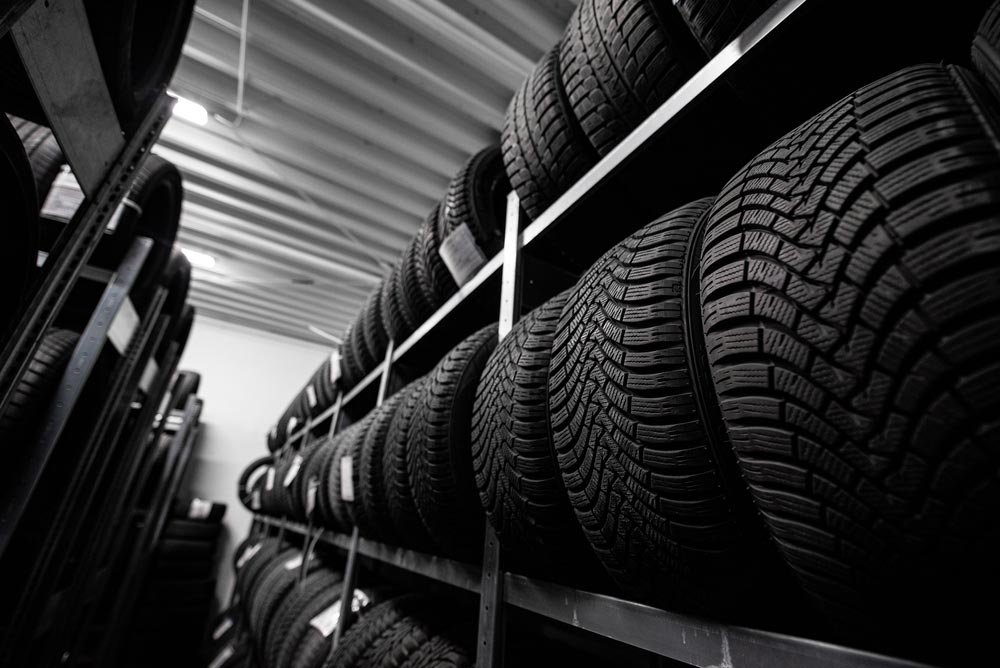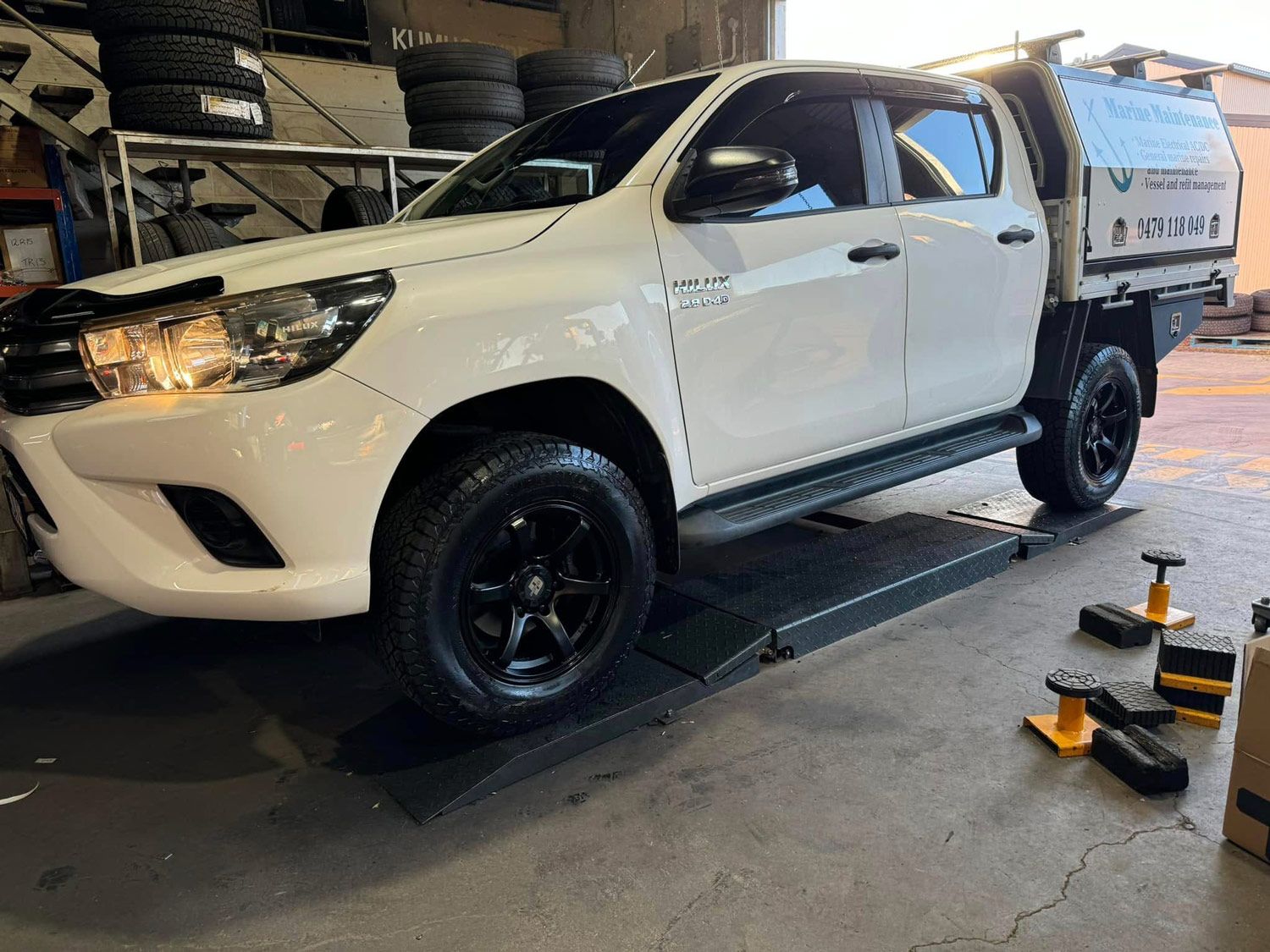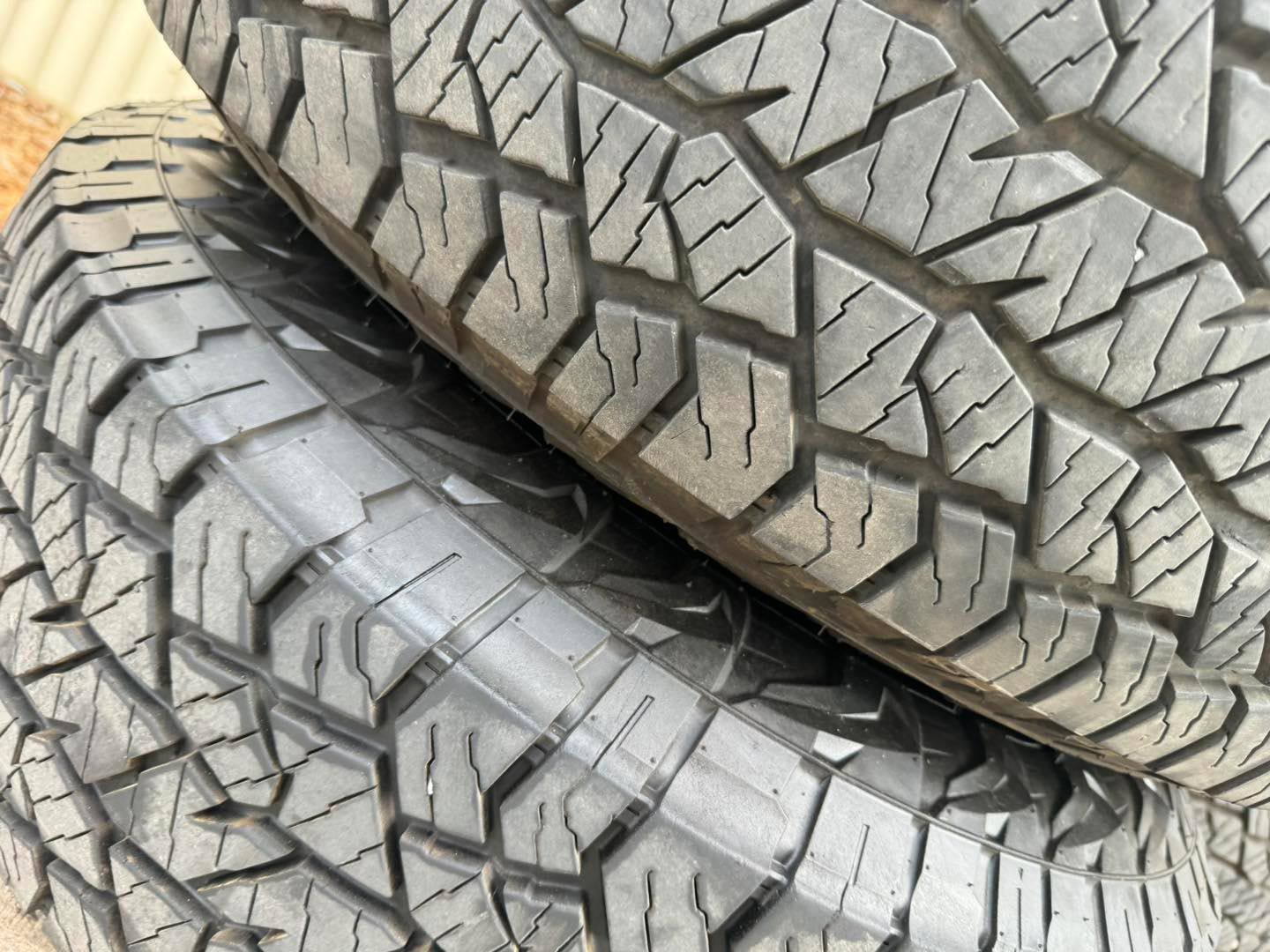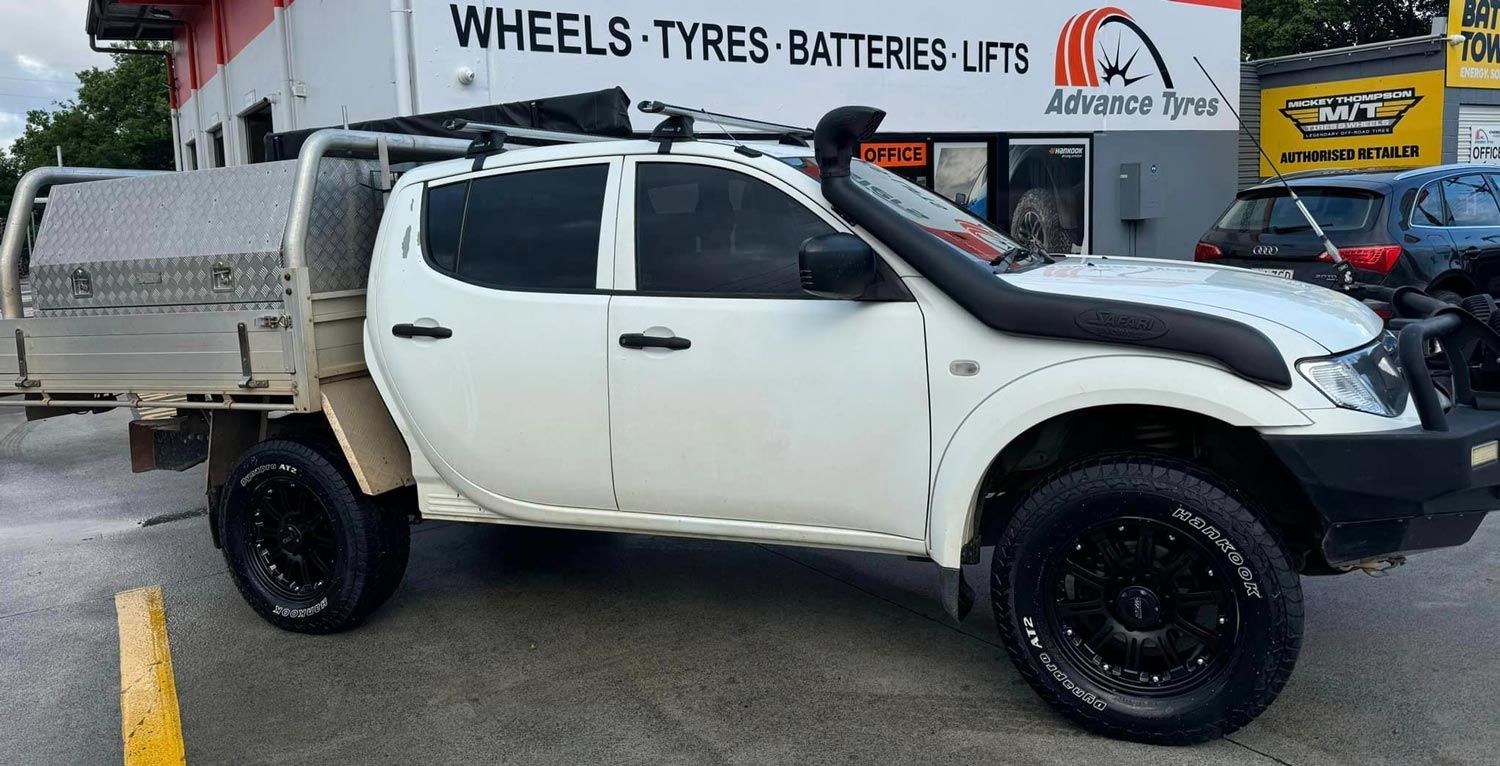How Long Should Tyres Last?
October 8, 2021
The life span of car tyres has significantly increased over the last few decades. The quality of your tyres will influence the handling, smoothness of your car, its performance, fuel economy, and most importantly, safety. Maintaining a regular check on your tyres should be a high priority for all drivers. The question is, how do you know when to replace your tyres?
A set of tyres can last for several years depending on several factors. When your tires are over five years old, it's a good idea to have them checked annually. There can be no guarantees regarding the longevity of a vehicle as factors like climate, air pressure, and driving habits can all have an impact. The minimum recommendation is to replace tyres every ten years.

The way we drive
When you stop and start on busy roads, brake suddenly, make sharp corners and spin your tyres after take-off, you will reduce your tyres' life. There may be several reasons for this, including your driving technique, where you live (city or country), the condition of the highways and driving more frequently cause your tyres to degrade quicker as well.
It is also essential to think about how you load your vehicle. If it's loaded correctly, your vehicle will have fewer issues (so the weight is evenly distributed). A poorly loaded or overloaded tyre will have a shorter lifespan than one that is properly loaded.
Temperature
Your tyres' air pressure is affected by the temperature. Coming out of warmer months, you should expect tyres to deflate if the temperature drops. High temperatures do not necessarily mean better tyre performance, and temperature changes can affect air pressure.
When it's hot outside, your tyres will inflate, while when it's cold outside, they'll deflate. Approximately 2 per cent of air pressure is lost for every 5.5 °C drop in temperature, and vice versa. Keeping track of tyre pressure and temperature fluctuations will prevent your tyres from deteriorating too quickly.
Climate
A mismatch of tyres with the climate can also increase tyre wear. All-season tyres are appropriate for many areas with mild climates. Changing your tyres with the season may be necessary if your area experiences extreme summers or winters. In colder climates, summer tyres, with their lower levels of natural rubber, are unsuitable because they become brittle from the cold.
Extending the life of your tyres
Extend the lifespan of your tyres as long as possible by:
- Ensure the recommended air pressure is maintained at all times
- Choosing tyres that are right for your vehicle and climate
- Reduce car weight by removing unnecessary items
- Ensure that tyres are rotated when needed
- Ensure tyres are balanced and wheel alignments performed
- Avoid exposing your tyres to the sun whenever possible
Time to check or replace your tyres?
The Advance Tyres team has locations in all areas of Queensland, so you can prepare your car for your next road trip in a professional manner. Our competitively-priced tyre services are designed to keep your tyres operating at their best. Whether you need a new set of tyres or wheels, we also stock tyres from leading brands like Goodyear and Yokohama.








